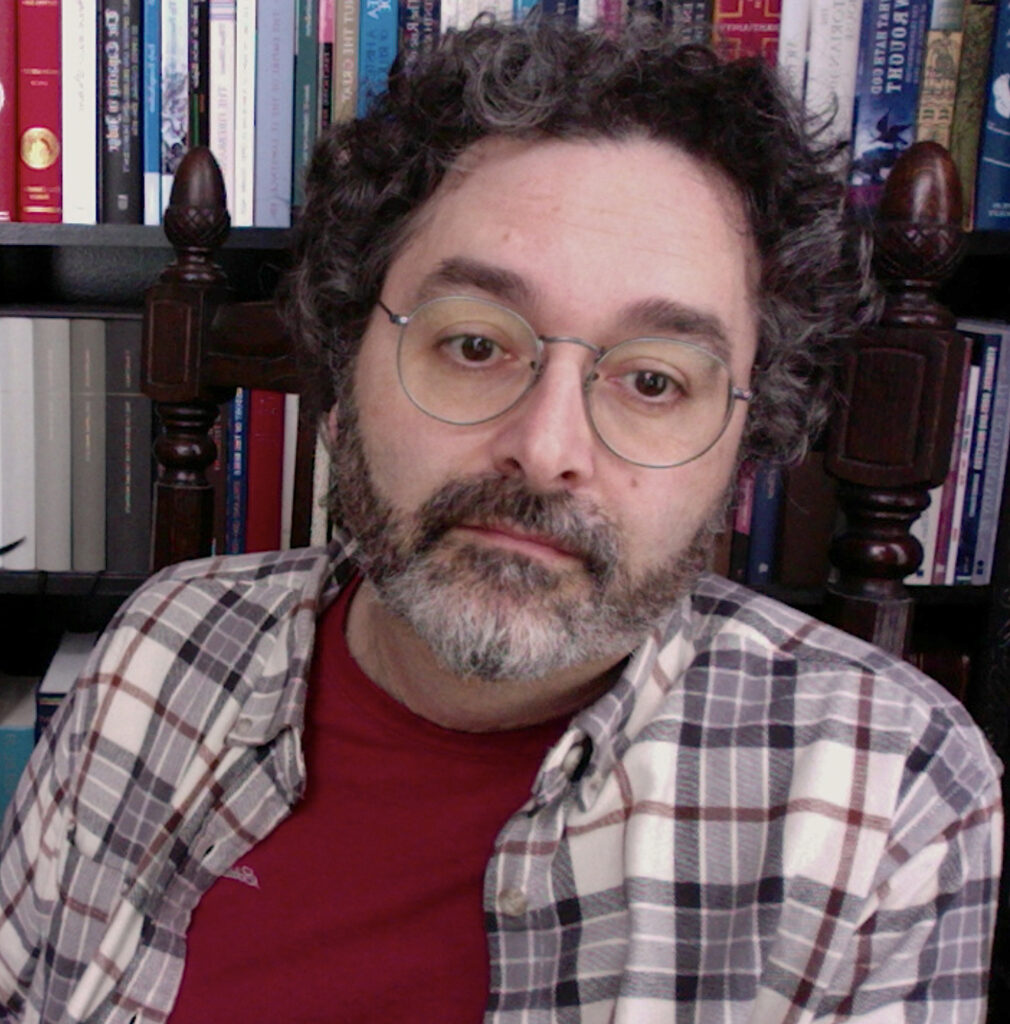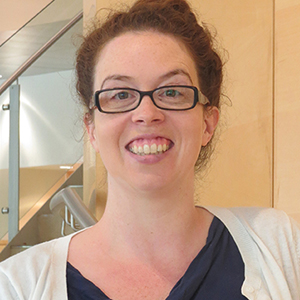
By Elaine Smith
The new Reading for Teaching program offers an informal, collegial space to engage with colleagues from across York University and it is the result of an inspired collaboration between an educational developer and a teaching and learning librarian.
When Teaching Commons educational developer Lisa Endersby and Scott McLaren, teaching and learning librarian, came up with the idea of a Reading for Teaching program, Endersby was looking for ways to continue collaborating with York University Libraries on teaching and learning, while McLaren, who had earned his PhD in the history of the book, was interested in reading communities and their practices and saw an opportunity to see how such a group functioned. The Reading for Teaching program met those goals and many more.
Reading for Teaching is “an informal, collegial opportunity to engage with colleagues from across campus interested in reading and talking about teaching.” Endersby and McLaren brought it to life pre-pandemic and opened it up to York faculty and staff. Originally, the group met in person, but during the pandemic, the group met online. They hope to return to in-person gatherings soon.

“We draw people from all over the University and every discipline,” McLaren said. “We have faculty from both teaching and research streams, graduate students, post-docs, CLAs and librarians and they all come from different backgrounds. You wouldn’t necessarily think that someone from biology could shed new light on teaching to someone from the humanities, but they do.”
The group reads books about teaching and meets to discuss them, although the approach has changed over time.
“We tried to organize around themes and tried to have participants vote on books from a curated shortlist, but we’ve found that reading a common text is the best way to foster engagement,” said McLaren.
Added Endersby, “The group suggests a topic; Scott can curate suggestions and the two of us pick a book. As a group, we discuss how we want to explore the book together; since they are generally non-fiction, we might look at individual chapters.”

The program meets four times each term; this winter, the group is discussing How Humans Learn: The Science and Stories Behind Effective College Teaching by Joshua R. Eyler, a hold-over from last term, given its popularity with the group and the amount of relevant material to discuss. The program’s group generally has 10 people or a few more each term, a size that both facilitators find is conducive to participation and good discussion. Members read the books in varied formats: print, online or as audiobooks.
“People read as much as they can and come as often as possible,” Endersby said. “If they attend two of the four sessions, we consider that they’ve successfully completed the program.”
What draws people to Reading for Teaching? There are a variety of reasons, said McLaren.
“People join to improve their teaching and explore different teaching practices, to experience a sense of community around a common concern and to have a support system,” he said. “It’s a great way to share success and failures in a safe environment.”
Endersby finds that Reading for Teaching offers people an opportunity to read for professional development with some accountability and to reflect on teaching and take part in reflective conversations.
“We’re all so busy, we don’t often get to pause and think about what we’re doing,” she said. “I know that personally, I talk about reflection a lot in my work on pedagogy, but I don’t get to do it myself, so this is a learning opportunity for me. I also enjoy hearing various different perspectives; it’s really good learning.”
McLaren agrees and notes another personal benefit. “I’ve discovered an incredibly rich literature around pedagogy, both fiction and non-fiction; it was quite surprising to me and it’s hard to narrow the selection down to shortlists,” he said.
Other books the group has read include The Slow Professor by Professors Maggie Berg (Queen's University) and Barbara K. Seeber (Brock University) and the memoir From the Ashes: My Story of Being Homeless, Metis and Finding My Way by York University Assistant Professor Jesse Thistle.
Anyone who would like to join the Reading for Teaching program in exploring their current read is welcome to register. For questions or suggestions about books to read, Endersby and McLaren invite you to contact them.
